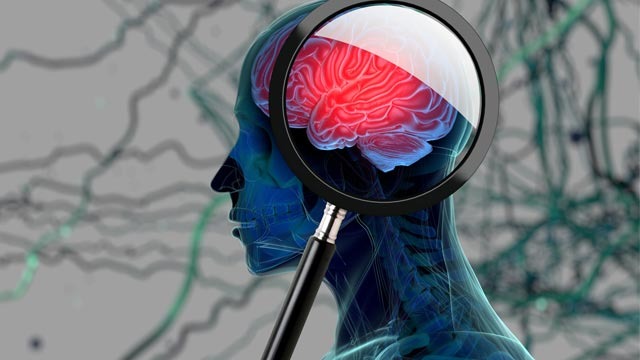Research released in the journal Acta Neuropathologica explores a new way of potentially developing efficient treatments for neurodegenerative diseases, like Alzheimer’s disease.
The study, conducted at Arizona State University, focused on retinoblastoma-binding protein 7 (Rbbp7), which has been linked to the formation of tau protein tangles, associated with Alzheimer’s disease.
Based on their study of post-mortem brain tissue, cell lines, and mouse models of Alzheimer’s, their findings led to the conclusion that the role of Rbbp7 is significant when it comes to combatting against tau pathology.
The findings could pave the way for the development of effective treatments for Alzheimer’s disease.
“The associations outlined in the study between Rbbp7 levels and the formation of tau tangles, cell death and loss of cognitive function in the brain are compelling,” the authors highlighted in their findings.
“The results suggest that Rbbp7 may be an attractive target for drug discovery and the development of effective therapies for Alzheimer’s disease and other tau-associated afflictions. Treatments based on studies of this kind could be ready for clinical trials within the next five years.”
The study was authored by Nikhil Dave, Austin Vural, Ignazio Piras, Wendy Winslow, Likith Surendra, Joanna Winstone, Thomas Beach, Matthew Huentelman, and Ramon Velazquez.


